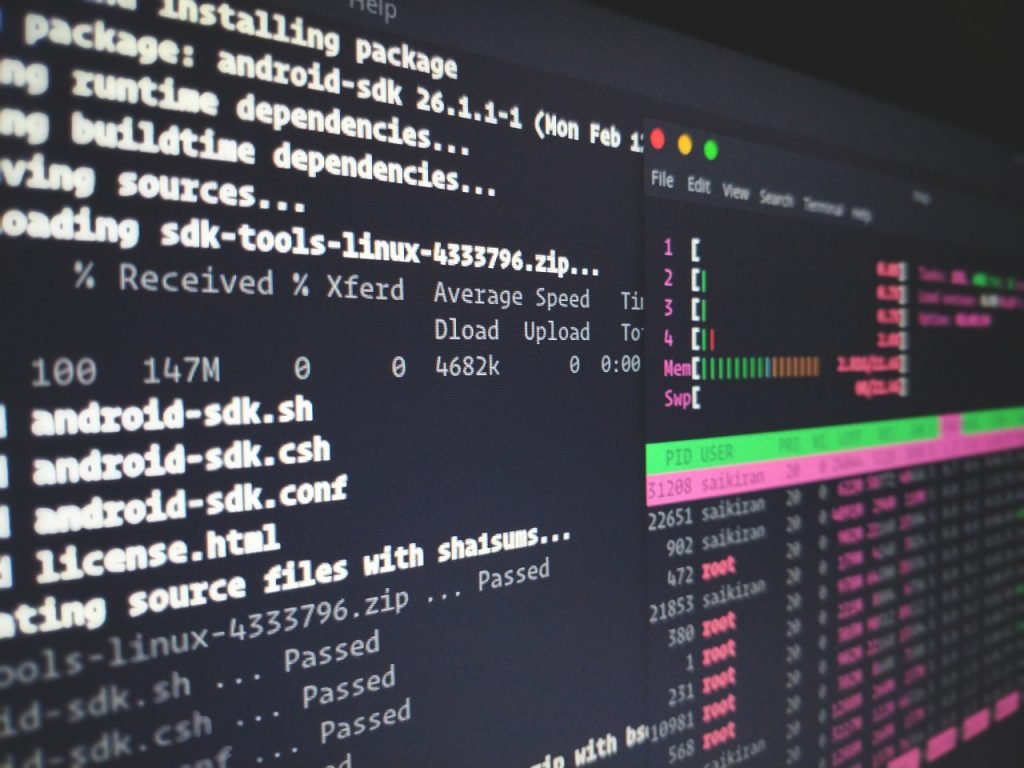Will unikernels work with Linux? Maybe – check it out

Cloud-based infrastructure is the new wave of the future. With cloud-based computing methods, such as containers, virtual machines, and the latest great hit – unikernels – we have found that it is much easier to remotely control applications, run processes via single space images, and avoid bogging down our physical hardware with complicated requests. To make sure that your business runs efficiently and gets rid of any obsolete functions and processes, companies around the world are now adopting the new cloud-based computing methods to help speed up their business efficiency.
But which one should you choose? Why should you choose unikernels over the other alternatives? After all, containers and virtual machines have been around for longer. So why do unikernels get your vote over the other options? Simply put, unikernels are similar to containers – but they are smaller, more lightweight, more agile, more secure, and easier to use. They have the best parts of the containers but contain their own miniature operating system within themselves – meaning they do not require any bulky extraneous software that can slow them down.
Since they are quicker and more compatible with other software, they are the best choice to work together with Linux. Let’s see how unikernels can work with Linux and if this can positively impact your business.
Unikernels compatibility with Linux
Unikernels are designed to help speed up cloud-based computing. Without unikernels, we would be using containers and virtual machines – processes would take longer, we would be less secure, and you would have one tool trying to run ten applications at once. However, with unikernels, these are single space machine images that are only tasked with running one application at a time – this means that they can focus on one project and get it done exceptionally quickly.
Due to their lack of a complex setup and design, they can be used with other programs – and rightly so. They are the newest rage in the tech world due to their low footprint, fast setup time, easy start-up methods, small size, and increased performance characteristics. Because of these desirable characteristics, companies want to find a way to activate unikernels while combining them with Linux.
One of the biggest Linux programs currently on the market is Lupine Linux, a Linux system that can work together with unikernels. By adopting Unikernels’ characteristics, Linux will be able to use the desirable properties of unikernels – such as lack of overhead resources and specialization in certain processes – to beat out the rest of the competition. If Linux learns how to use unikernels to boost their performance, by working faster, handling higher workloads, increasing security, and eliminating the need for additional resources, they can outpace other operating systems.
Conclusion
If Linux and unikernels worked together to create the best type of operating system and cloud-based infrastructure method, then it would be the ultimate solution to running higher workloads at increased efficiency. For now, Linux applications can run in compatibility with unikernels to learn more about their security, speed, and efficiency.

